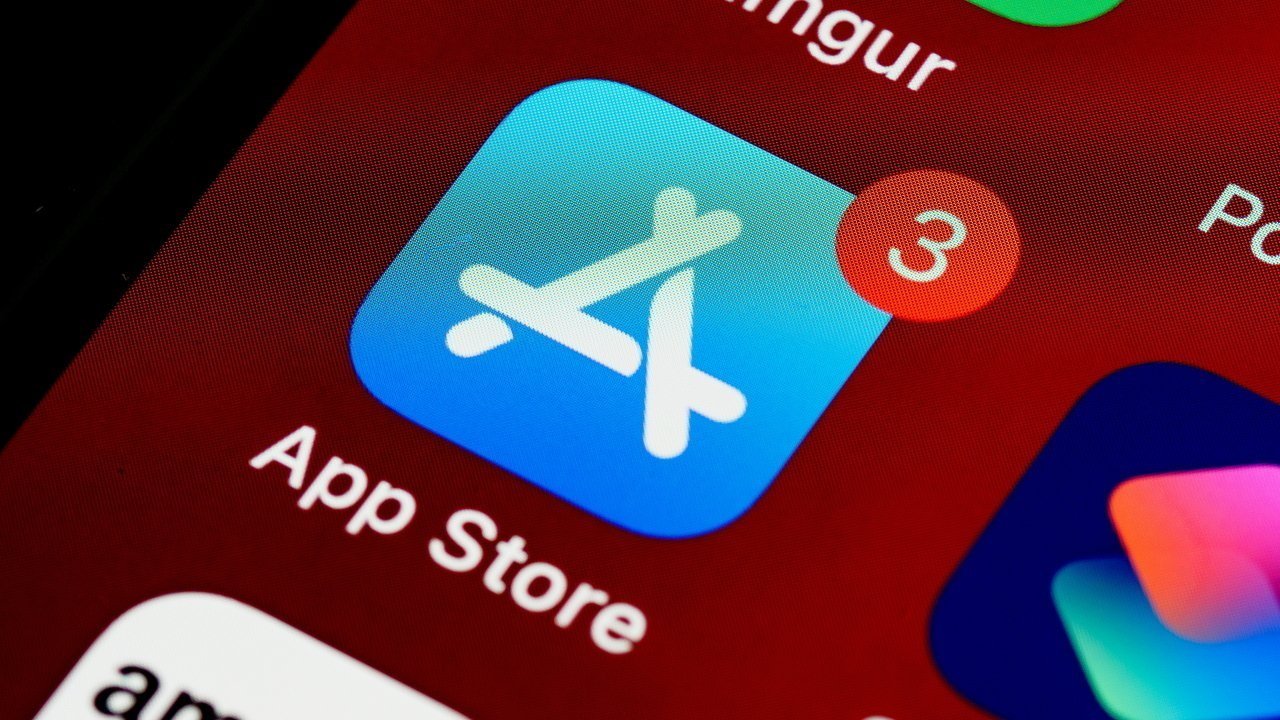To help win an iPhone antitrust suit, Apple is again demanding commission data from Valve
Apple says it needs business records from Valve in order to contest an ongoing consumer antitrust case about the App Store, and has turned to the courts to get it.

App Store icon
Game developer Valve is not involved in the antitrust case that consumers have brought against Apple. However, Apple has now filed a subpoena request asking a federal judge to compel Valve to provide data that it says is "core" to its defense.
Apple is accused in a class-action suit of forcing up app prices because of its 30% cut, and how it operates its App Store. The case is also not related to Apple's previous one against Epic Games, but the company is citing that legal battle in its reasons for wanting Valve's data.
"In Epic, the Court found Steam's commission rates to be "a vivid illustration" of the effects of competition on prices," says Apple's filing (see below for full text). "And Plaintiffs sought and obtained class certification based on an expert report that explicitly identifies the 'Windows PC game[s]' environment as 'a benchmark' for the world 'but-for' Apple's alleged anticompetitive conduct."
Apple says that it has asked Valve for specific "aggregated information identifying Steam's effective commission rate by year." It says that this data is "significantly less burdensome for Valve to produce than the granular data it provided previously and less commercially sensitive," but that Valve "has not agreed to comply with this narrow request."
For its part, while Valve has previously supplied information, it does not believe it has an obligation to "supplement" that prior disclosure. Further, a Valve lawyer has reportedly informed Apple that its demand for business records "imposes a significant and undue burden."
This is not the first time that Valve has refused to supply business records to Apple. In 2021, it similarly declined to provide data regarding sales volumes in the Epic Games vs Apple case.
Subpoena to Valve Corporation by Mike Wuerthele on Scribd
Read on AppleInsider

Comments
People are forced to use the App Store and no alternative is allowed.
B. 30% commission was the standard for digital stores in 2008. Steam charged that. Console stores charged that. That's one of the reasons Apple chose 30%. So Apple was using a commission structure that was already established as being reasonable in the market. Steam didn't have control of Windows PCs and still charged 30%. Console companies did have control and still charged 30%.